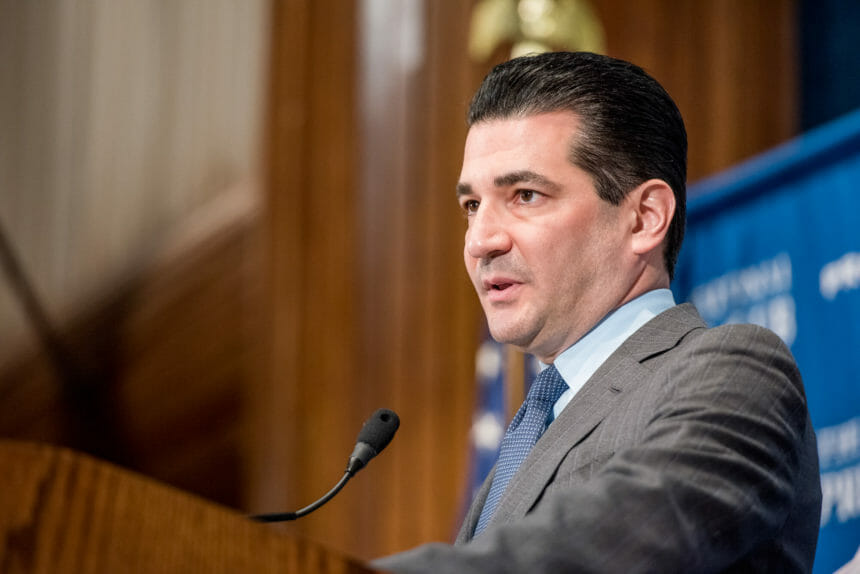
Seventeen foreign and domestic companies are illegally selling a total of 58 products they say can prevent, treat or cure Alzheimer’s disease, Parkinson’s disease or other diseases and health conditions, the U.S. Food and Drug Administration said Monday, making public 12 warning letters and five advisory letters that were sent to the companies.
The warning letters are dated Feb. 5, and the advisory letters have November dates.
The federal government gave the companies 15 days to state how they will correct the violations outlined in the letters. “Failure to correct the violations promptly may result in legal action, including product seizure and / or injunction,” the federal agency said.
The products, often sold as dietary supplements (such as vitamins, minerals or herbs in tablet, capsule or oil form), are unapproved new drugs or misbranded drugs that have not been reviewed by the FDA and are not proven safe and effective to treat the diseases and health conditions they claim to treat, the FDA said. The marketing, often done via websites and social media and in violation of the Federal Food, Drug, and Cosmetic Act, could prevent people from seeking appropriate diagnoses and treatments, according to the government agency.
“Today’s actions are part of the FDA’s larger effort to address the booming growth of the dietary supplement industry through the implementation of modern regulatory initiatives that will enable the agency to preserve the balanced vision of the Dietary Supplement Health and Education Act, enacted by Congress 25 years ago,” FDA Commissioner Scott Gottlieb, M.D., said in a statement. “That law sought to achieve the right balance between preserving consumers’ access to lawful supplements, promoting innovation in these products, while upholding our obligation to protect the public from unsafe and unlawful products and holding accountable those actors who are unable or unwilling to comply with the requirements of the law.”
Eighty percent of older Americans take supplements, Gottlieb said, adding that the industry has grown to be worth more than $40 billion and offers 50,000 to 80,000 products now.
“We know that most players in this industry act responsibly, but there are opportunities for bad actors to exploit the halo created by quality work of legitimate manufacturers to instead distribute and sell dangerous products that put consumers at risk,” he said. “As the popularity of supplements has grown, so have the number of entities marketing potentially dangerous products or making unproven or misleading claims about the health benefits they may deliver.”
The FDA said it has issued more than 40 warning letters over the past five years to companies illegally marketing more than 80 products making Alzheimer’s disease claims on websites, social media and in stores.
In the coming months, Gottlieb said, the FDA will introduce a “rapid response tool” to more quickly communicate to the public potential safety issues with supplement ingredients; develop a new regulatory framework and compliance policy related to the submission of new dietary ingredient notifications; seek feedback on responsible innovation in the dietary supplement industry via a public meeting; convene a new public-private partnership, the Botanical Safety Consortium, to promote scientific advances in evaluating the safety of botanical ingredients and mixtures in dietary supplements; and seek feedback on other ways to modernize the Dietary Supplement Health and Education Act.



